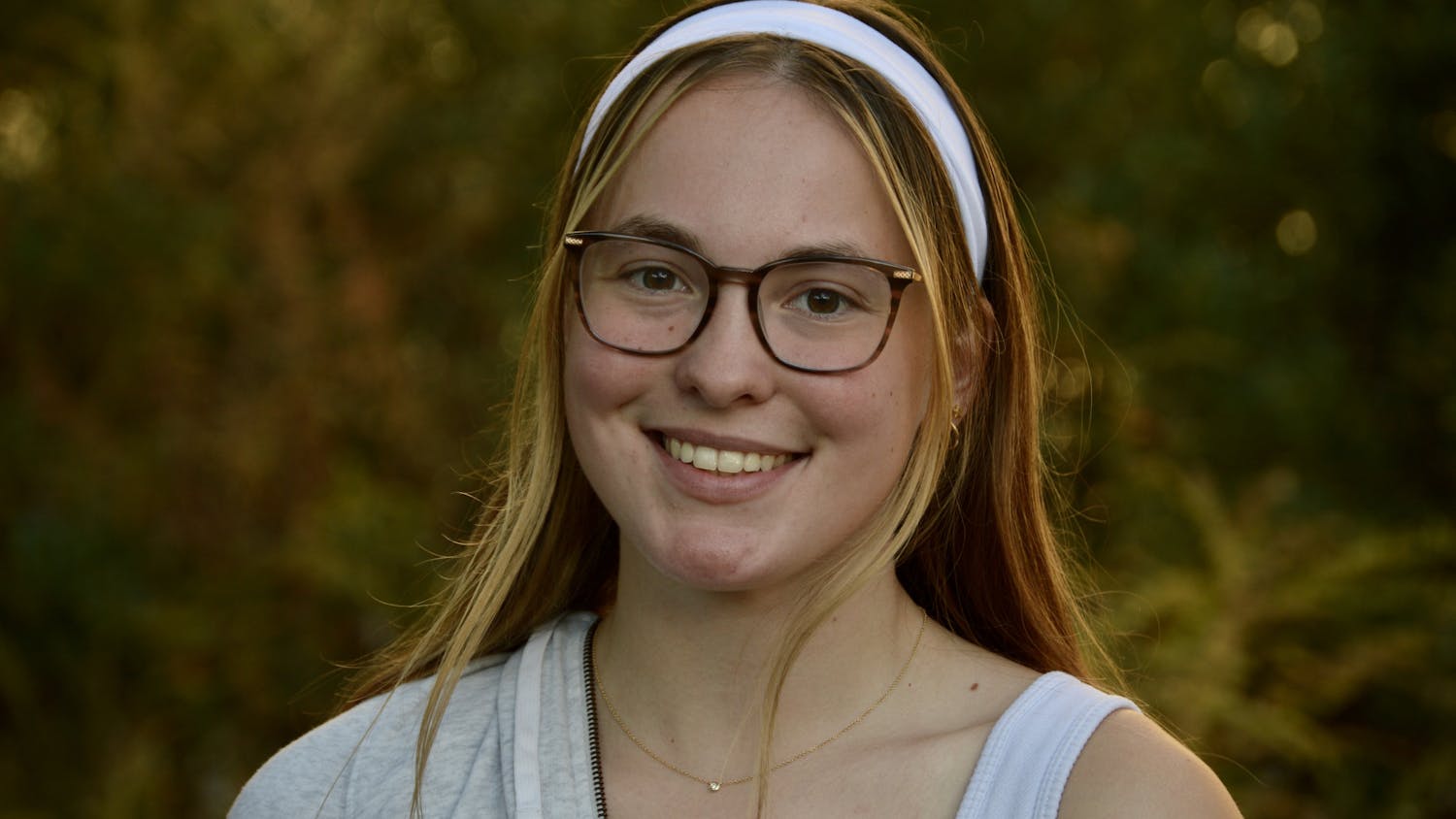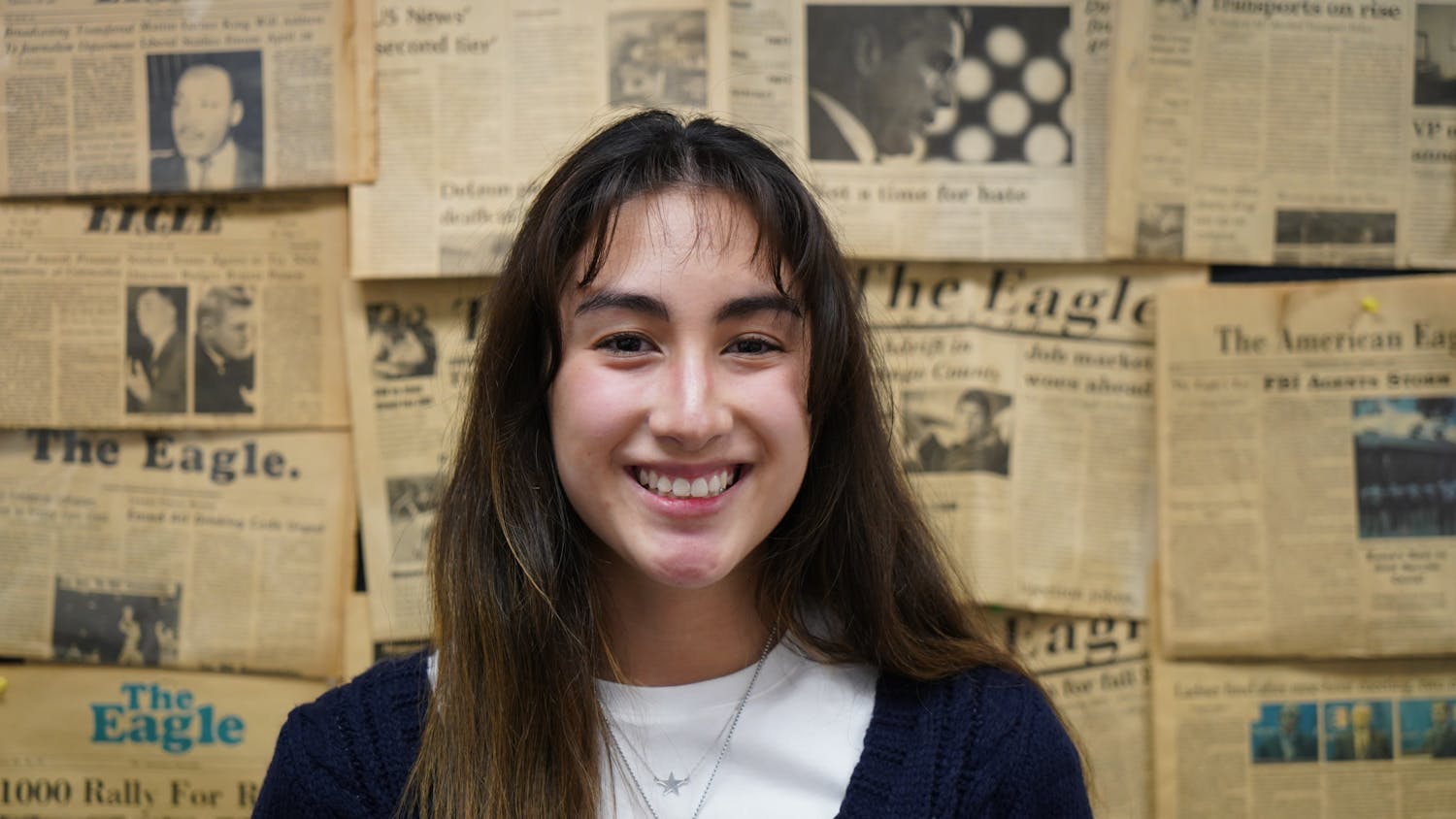By Samantha Theriault
On Monday, April 15, Facebook reported that my mother checked in at the Boston Marathon’s finish line.
My mom was there when bombs exploded near Copley Square. I don’t know how many feet away she was, or on which side of the street she was standing, or which medical tent she was working in.
But I know that she was there, so there’s a chance that I almost lost her.
I heard quickly that she was OK--still at the marathon, but OK.
Regardless, I was still shaking with fear. What if there were more bombs? Riots? Shootings? I’m thankful she made it home last night, knowing that the bombs left holes in over 100 other families.
I was born in Massachusetts and my family lives there. My family and friends live, work and go to school in and near Boston. Countless school field trips took us to the Freedom Trail and the Old South Church, ending with a picnic on Copley Square’s grass. This is a place where children and tourists come to learn about our country’s revolutionary roots.
I know that these feelings are not limited to Massachusetts natives. We are all anxious, maybe afraid, sad and disturbed. We are an empathetic species, and are feeling for our fellow humans. Together, as we grieve, we question death’s injustice and seek the identity of one who advocates for the destruction of humanity. I wonder if they lack empathy.
But can we even call ourselves empathetic when the United States bombs countries in the Middle East on a daily basis? We cannot grow toward peace until we can empathize beyond our borders.
Some will argue that suffering is not a competition, that while tragedy occurs around the globe we should focus only on the tragedies which affect us.
However, this limits the power of our empathy. You cannot tell me that “we are all Bostonian” when you fail to follow that statement with (as Gary Younge tweeted) “we are all Yemenis” or “we are all Pakistanis.”
When your empathy is not universal, it feels like a lie. Naturally, our experiences are different, which limits our perspective. Still, if you choose to love Boston, but hate or ignore the rest of the world’s suffering, I do not trust your empathy.
As of my writing this, we don’t know who attacked Boston. Therefore, we should not accuse anyone of such acts based on racial, ethnic, religious or political identity.
I was already shocked by the news, but was sickened to see that hoards of bigots had “Muslims” trending on Twitter, immediately suggesting that they were behind the attack.
Some find it cleansing to express their grief via social media, but inflamatory statements make this even worse.
Without an editor vetting tweets, there is nothing to prevent anyone from tweeting a gruesome image, incorrect fact or racist slander. Anyone with a Twitter handle and an opinion has no official journalism ethics code by which to abide. Nothing prevents people from spreading rumors and publishing incorrect information, which mostly surrounds potential suspects or targets minority groups.
We, the tweeters, are perhaps another branch of media.
Yes, you have a First Amendment right to vocalize your opinion, but the rest of us have the right to call you out, because you are neither practicing empathy nor seeking justice; you are being a racist.
Events like this remind me of how little I am, of how many other people there are in the world who lead independent lives and have their own families and friend groups. It feels like everything that doesn’t taste like life’s marrow is moot. What is the point of doing homework when people are dying on the streets of Boston, Pakistan, Afghanistan, Venezuela?
It is unfortunate, but we live in a broken, volatile world. There is no easy solution for peace, but we can begin with universal empathy.
Samantha Theriault is a sophomore in the College of Arts and Sciences.




